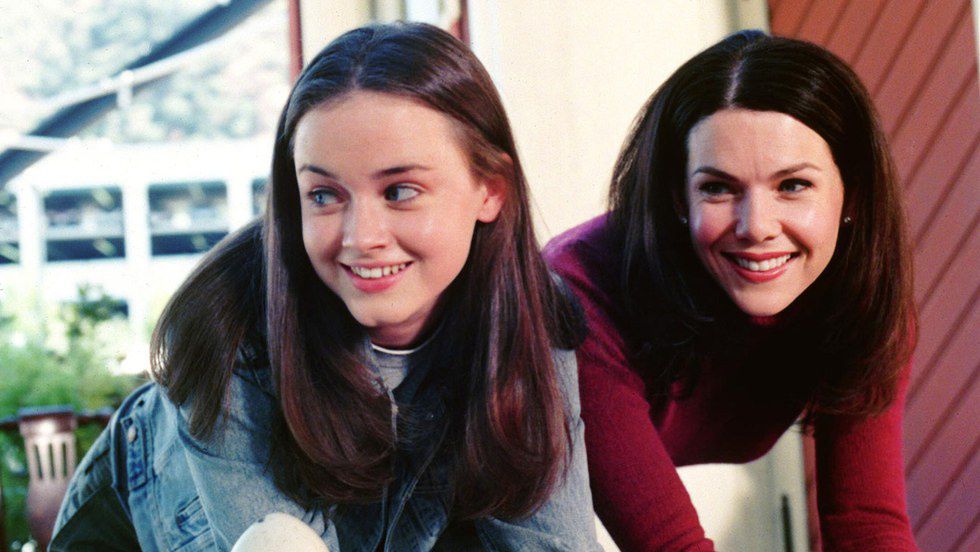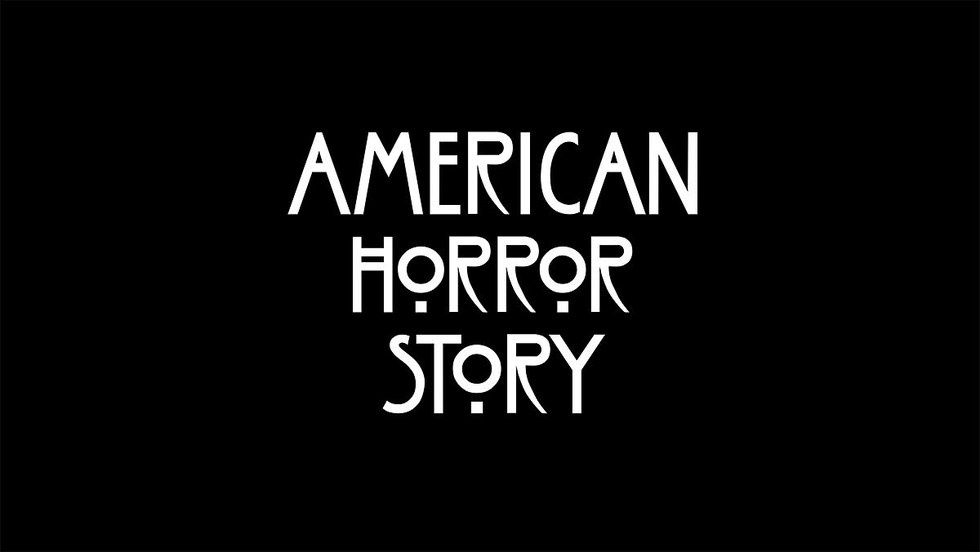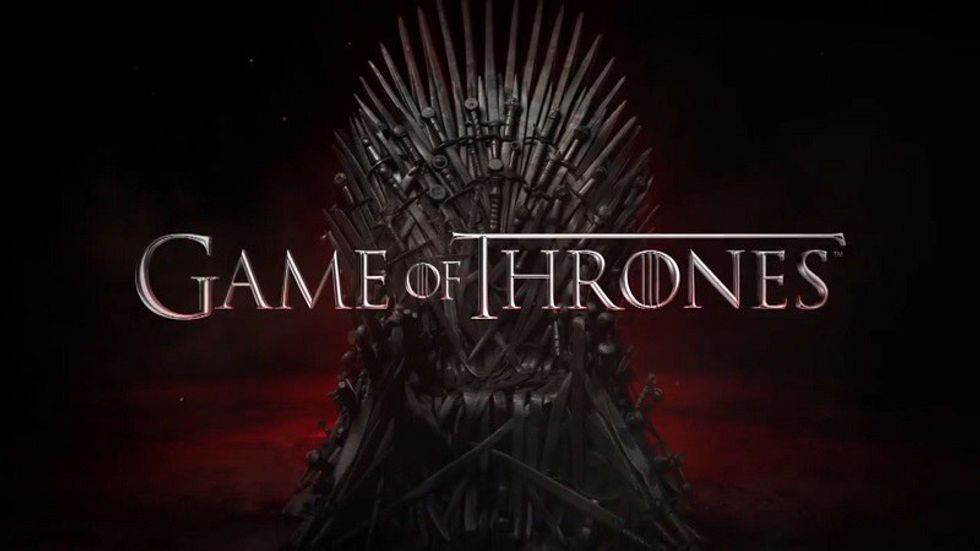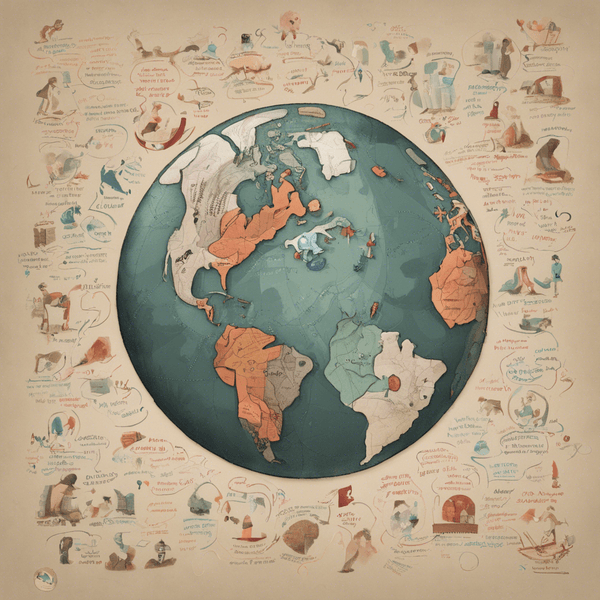Ever since it was released on Netflix on March 31st of this year, "13 Reasons Why" has been pretty controversial. And it's understandable. For as well produced, dramatic and suspenseful as it is, it is equally uncomfortable and frankly, disagreeable, as one can see even by the trailer:
The main story behind the show is that Clay Jensen, a quiet kid at Liberty High, gets his hands on a group of tapes, 13 of them, each about one particular person and/or event that led Hannah Baker, a girl at Liberty and one that Clay effectively loved, to kill herself. The events get generally more gruesome as the show progresses, from typical high school drama to things that generally make you feel sick to your stomach. Clay listens to the tapes, tries to do something about the information there, to the resistance of many, until people realize the impact of what they did (most of them, anyway) and the truth gets out. I won't go into the rest for the sake of not being a spoiler.
The show has been in the news a lot for many reasons. First off, it's a very well done, dramatic show, produced by a famous celebrity, Selena Gomez. It is because of these reasons that despite the controversy surrounding it, the show is close to being renewed for a second season. On the other hand, it has psychologists and various countries angry, saying that the show will lead kids to imitate it and kill themselves. I'm one to dismiss trigger warnings a lot of the time, but when one has this many, it's worth talking about.
I really didn't want to be the guy who writes about suicide two weeks in a row, but I ended up binge-watching the show this week and I can honestly say that while I find the show in some ways disagreeable, what I can agree on is that the primary topic -- teen suicide -- is something that is at least worth addressing.
Suicide is the second leading cause of death from kids 10-24 and each day there are 5240 attempts from kids in 7th-12th grade. In many cases, there are warning signs, and whether you can agree with the kids' decisions, you can't deny the fact that it is at least happening.
That distinction is what I struggled with in regards to the show. I'm not going to deny that the main character Hannah Baker, played by Katherine Langford, had reasons to be depressed, angry, or generally just down on life and future prospects. I'm also not one to say that there is no instance that somebody is justified in killing themselves. If somebody is in pain, or their life is truly, undoubtedly not going anywhere or only getting worse, then while I don't agree with the decision, I can at least understand it.
The impact suicide has on anybody, in general, is awful, but from the perspective of a teen suicide, it is all of the typical narratives plus a bunch of "what ifs" added. What if it wasn't as bad as they thought it was? What if it was going to get better? What if their situation was similar to others their age? What if it was worse than people thought? What if they had somebody to talk to? What if what they were going through was a lot worse than anyone thought, but nobody noticed or better yet, cared? What if there were warning signs? What if we did something?
Those are questions that can never be answered, and we end up seeing the decisions of these kids have impacts like this:
So, after a few days of being able to digest the show (and gain some more faith in people as a human, seriously the show is that dark, it'll mess with you), the main question that came to me was: what's the point?
The easy answer is that the point of the show is to get people talking, which while true, is overly simplistic for my taste. Suicide is an unpleasant topic, and anytime somebody has an opinion or take on it, it'll likely be talked about, whether it is correct or not.
The big distinction, one that probably isn't able to be answered, is whether this is actually an accurate depiction of teen suicide, a question to which many outlets have vehemently answered no. Some are even arguing that it romanticizes suicide, a case that while probably an exaggeration, has at least a little merit. It also indirectly, such as in the case of the last episode where Hannah's counselor is unhelpful towards her clear signs of depression and her admission of crimes, makes an argument that therapy and counseling are not helpful towards those who are struggling, a connection that is not only wrong but incredibly dangerous.
When I look at previous documentaries, shows, or breaking stories about controversial events or topics, usually the main point is to effectively prevent it from happening again. When Al Gore came out with "An Inconvenient Truth", while you can argue the levels to which he was exaggerating, you can't deny that he made us aware of climate change, and had us take action.
With "13 Reasons Why", while we definitely are more aware of teen suicide as a whole, the big question I have is: will a kid who watches that show be more or less likely to commit suicide? And to follow up, is the show educating us on the matter, or is it just stirring up conversation?
I'll let the general public figure out the answers. Personally, while I like the show and would watch again from an entertainment and quality perspective, I think it misses the boat. Teen suicide is a very serious issue, but after watching this show, I think not only does it fail to dissuade people from thinking that teen suicide is a case of a kid not being as headstrong as his or her peers, it confirms it. While I don't believe that personally, I can see why someone could.
Furthermore, it reinforces the notion that suicide is a selfish act, seeing how Baker left 13 tapes blaming everyone but herself for a decision that she made, even if the events were traumatic and could lead somebody to consider suicide. It not only confirms stereotypes that those who go through with it are uneducated and selfish, but puts forth the idea that those who feel this way don't have the proper help in place to deal with it. If a kid who is depressed watches this show, do you think they are going to feel hopeful, or do you think they may see Hannah's story, think it is the truth, and strongly consider doing the same? In my view, the answer is clearly the latter.
From that perspective, I can look at "13 Reasons Why" not as an educational tool, but as a sensational show designed to strike up conversation. I doubt that was the point of the show, as I doubt anyone would intentionally make a show designed to gain ratings at the expense of triggering hundreds and thousands of depressed, suicidal teens. At the same time though, it's hard to watch it and feel like it isn't just made for drama and attention, rather than as a helpful tool, and from that perspective, it makes me sick.
So, to sum it up: "13 Reasons Why" is an incredibly grabbing, emotional, well-done, dramatic show that will bring you in, strike up conversation, and despite the flaws I just noted, will raise awareness, at the very least, about teen suicide. It is easily bingewatchable (is that a word?) and I highly recommend it. Just don't expect it to be anything else.


























